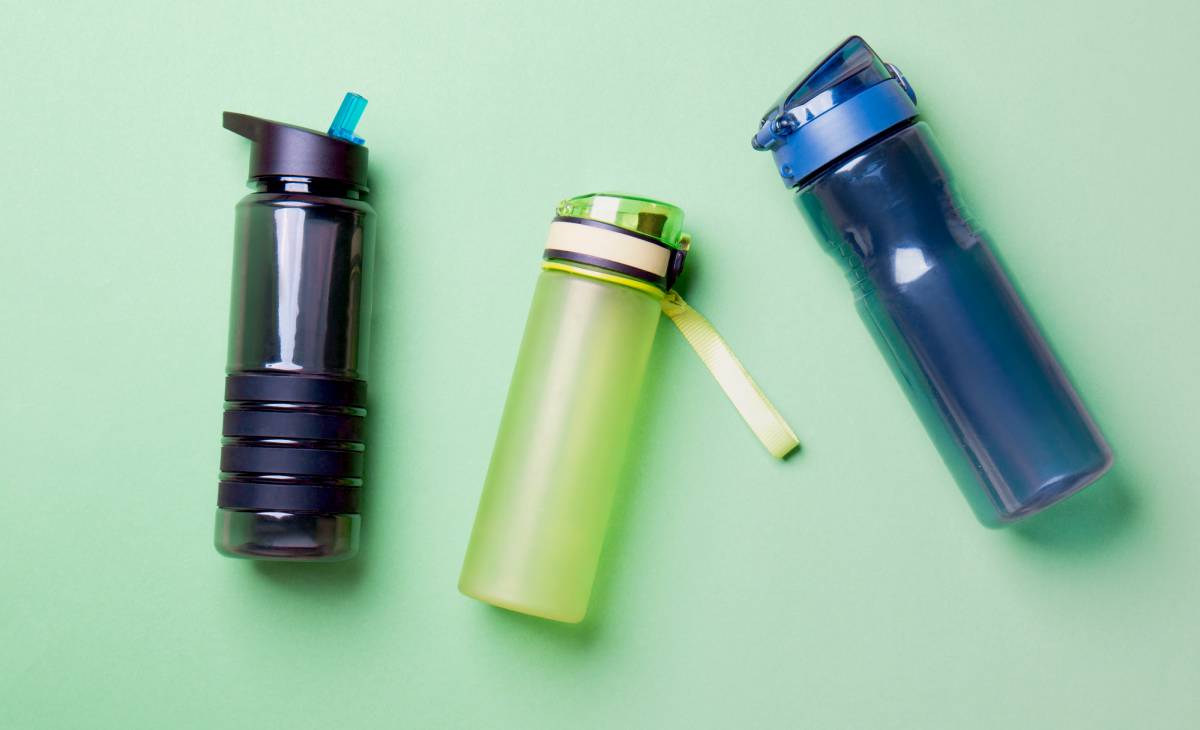Nearly 4 000 chemicals migrate from reusable plastic bottles into drinking water
A newly published study by the University of Copenhagen has investigated the migration of chemicals into drinking water stored for 24 hours in new and used plastic bottles. They detected that more than 400 plastic-related and 3 500 dishwashing-related compounds have migrated from the bottles into the water.
Reusable plastic bottles have been increasingly used worldwide because of their convenience as well as their limited environmental impacts. However, little is known about its safety for human health. In this study, the researchers aim at detecting and identifying chemical substances that migrate into the drinking water from three types of reusable plastic bottles, including new bottles, used bottles and bottles washed in the dishwasher. Among them, the used bottles are made of biodegradable polyethene while the new ones are made of polyethene.
The results show that over 3 500 dishwashing-related compounds were detected, of which, 430 were detected even after subsequent flushing of the bottles. Furthermore, the researchers found more than 400 plastic-related compounds, with a high concentration of oligomers suspected to originate from biodegradable materials. Among the compounds identified from the used bottles, most of them were plasticizers, antioxidants or photoinitiators, which raise concerns due to possible endocrine-disrupting effects. Notably, the leaching of plastic-related compounds was increased after being washed in a dishwasher, and these compounds show continuously migrating, even after additional flushing with water.
The study emphasizes the need for more analytical chemistry research and toxicological tests since there are no toxicity data of the detected compounds is available, as well as many of them remain unknown. The findings of this study also raise the question of the safety of reusable plastic bottles, especially when they are made of biodegradable plastic. According to the researchers, biodegradable plastic bottles could mean that there is a higher chance of plasticizers migrating into consumers’ drinking water when the biodegradable materials slowly degrade during use.
Source:
https://www.sciencedirect.com/science/article/pii/S0304389422001194?via%3Dihub






















